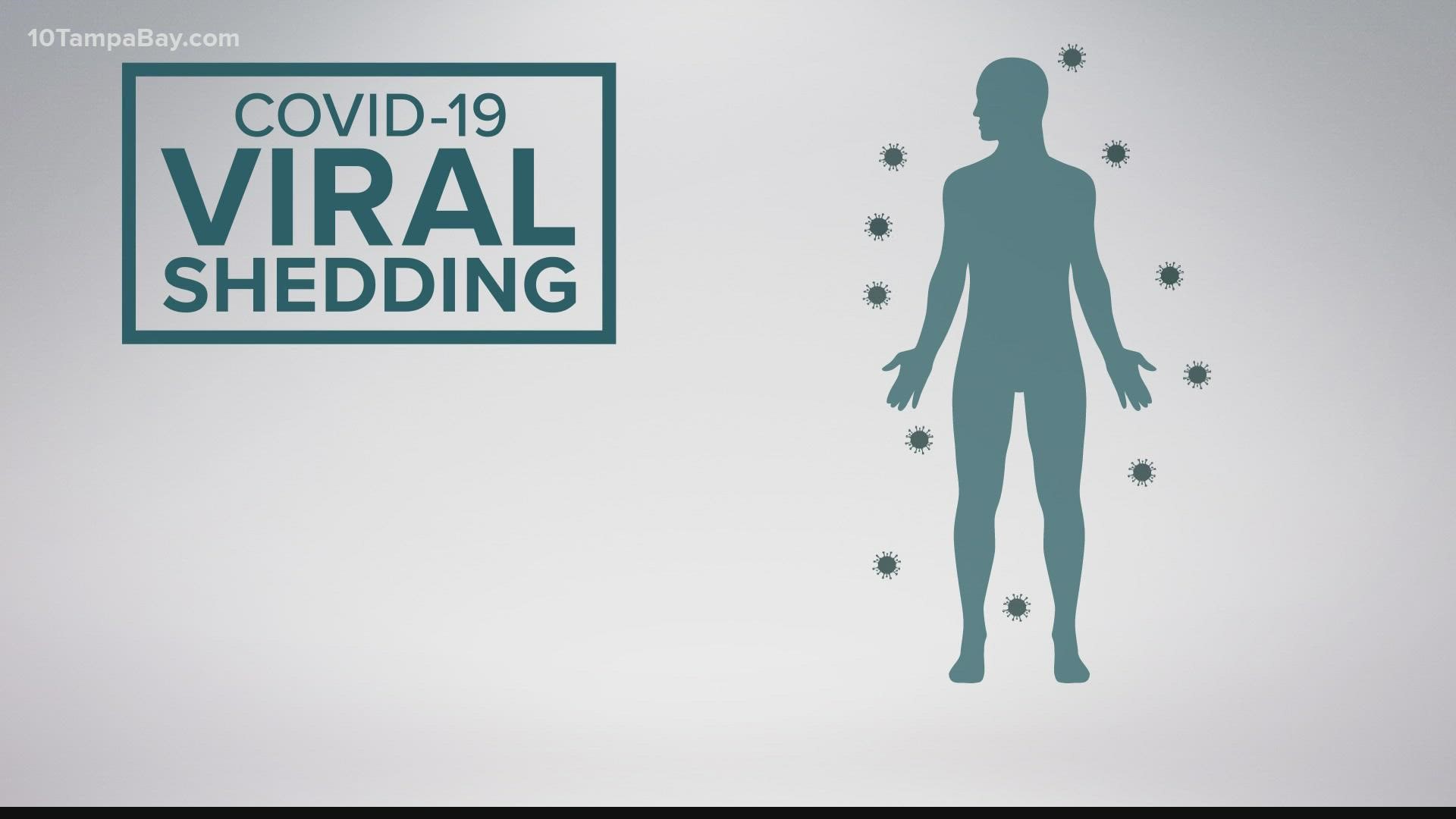ST. PETERSBURG, Fla. — It’s been about a month and a half since experts at the CDC changed their mask guidelines as we learn more about the Delta variant fueling the fourth wave of COVID-19 cases.
Back in late July, the CDC recommended even vaccinated people mask up indoors after research showed they can still carry the virus and transmit it to others. The viral loads of both a vaccinated person and an unvaccinated person are virtually the same, but as USF Health’s Dr. Jill Roberts explains, those who have gotten the shots are clearing the virus much sooner.
“When I get infected, my immune system is going to take that virus out. I’m vaccinated, and so I’m going to have a very short window during which I can infect another person versus an unvaccinated individual. When they get infected, there’s going to be a long time period which they have no symptoms. All during that time period, they’re going to be able to transmit the disease. In addition to that, they’re far more likely to be more severe, and so they can aid spread by having things like coughing, sneezing and all these other things.
The New York Times looked at breakthrough cases in a few states and found the chances of a vaccinated person getting COVID were 1 in 5,000 per day. In places with high vaccination rates, the odds were one in 10,000. That's about 1 percent over the course of 3 months.
But, Dr. Roberts cautions there is bias because those figures are based on actual testing instead of a random sample.
“Most of the people that got infected who were vaccinated, they had mild cases, and so the fact is, they’re never going to get tested, and they would never be included in those calculations,” Dr. Roberts said.
She does agree with the authors that with more cases, there's more opportunity to get infected.

